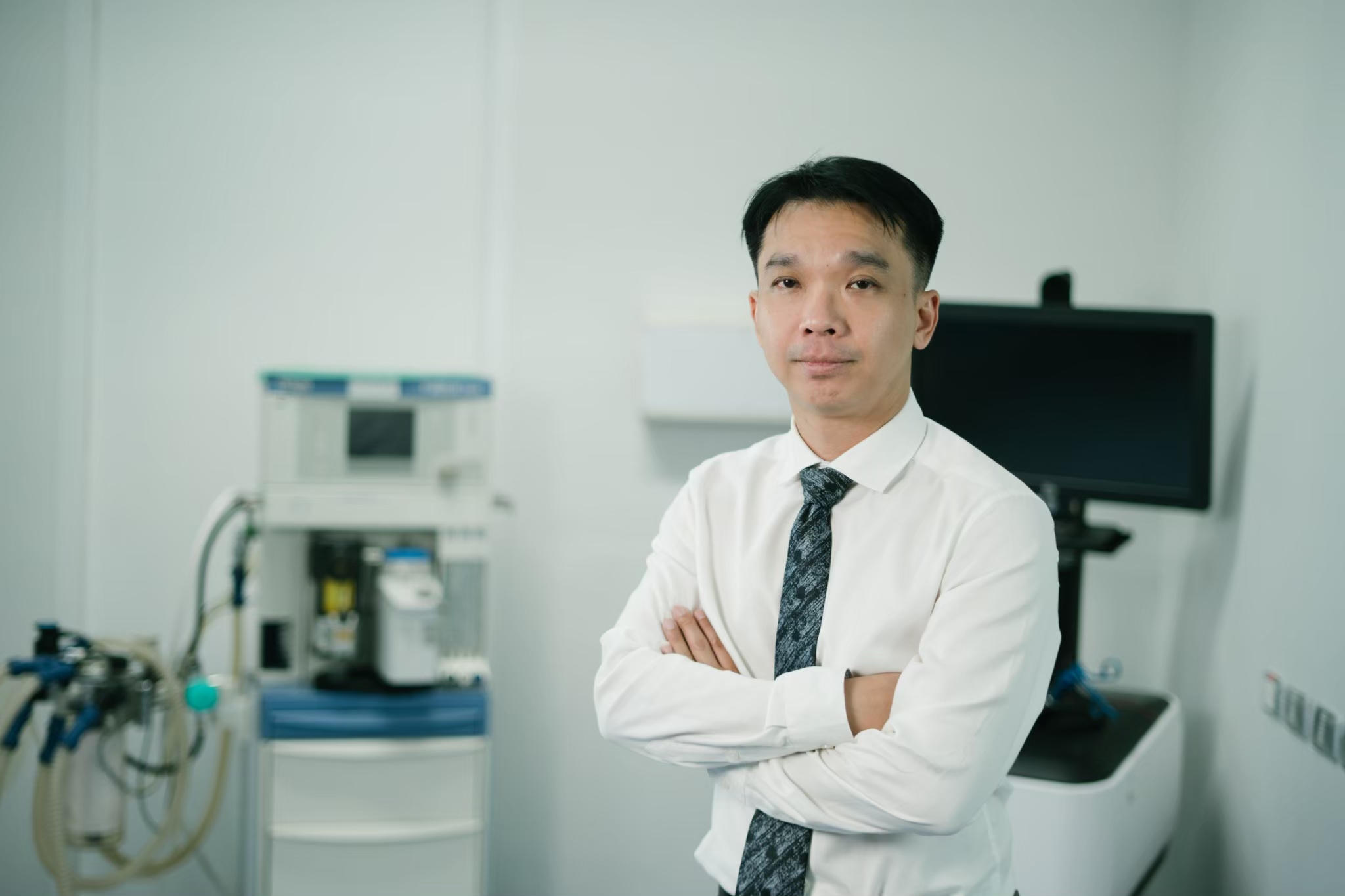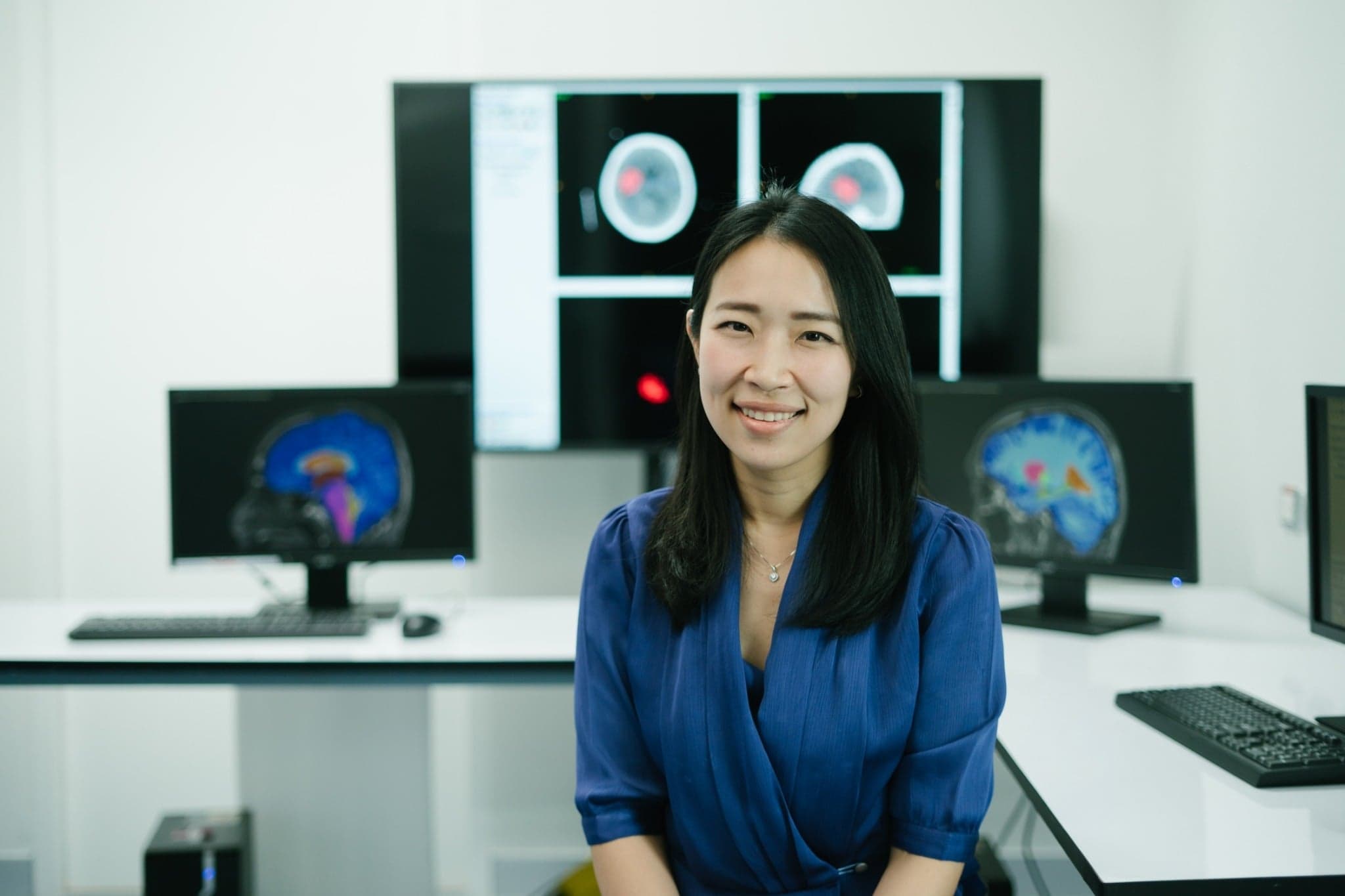
Anupol Panitchote
M.D., Associate Professor, Faculty of Medicine, Khon Kaen University
Artificial intelligence (AI) is the advancement in computer science and engineering that robots or software programming can learn and solve problems like a human brain. Several fields of science develop AI for daily life, such as face recognition, chatbot, natural language processing, and computer vision. For example, health science uses AI to improve the efficacy of patient care increasingly.
Artificial intelligence (AI) is the advancement in computer science and engineering that allows robots or software programming to learn to solve problems like the human brain. Face recognition, chatbots, natural language processing, and computer vision are some examples of AI used in everyday life. In healthcare, AI is used to improve the efficacy of patient care, its applications are increasingly expanding beyond our visions. In this course, you explore the concepts of Artificial intelligence used in healthcare and data science.

M.D., Associate Professor, Faculty of Medicine, Khon Kaen University
Anupol Panitchote is an instructor in the Department of Medicine and an expert in critical care medicine.

M.D., Assistant Professor, Faculty of Medicine, Khon Kaen University
Arunnit Boonrod is a Doctor of Medicine (M.D.) and lecturer at the department of Radiology. She is an expert in Neuroimaging and Radiology Informatics. She is also the author of the Children’s book series ‘Tomtom: Sibling Love’ which explains how babies interact with the family using specific gestures and baby sign language.

Ph.D., Associate Professor, College of Computing, Khon Kaen University
Sirapat Chiewchanwattana is a lecturer and the Acting Dean for the College of Computing, Khon Kaen University. She is the expert on Unsupervised learning and Model validation. She has published a book titled Artificial Neural Networks after years of expertise in Computational Intelligence, Machine Learning and Intelligent Systems, Data Science and Artificial Intelligence.

M.D., Assistant Professor, Faculty of Medicine, Khon Kaen University
Narongrit Kasemsap is a neurologist at the department of Internal Medicine who is an expert in stroke, AI developing using IoT and sensors, and related topics.

M.D., Ph,D., Faculty of Medicine, Khon Kaen University
Worachart Lert-itthiporn is a lecturer in the Department of Biochemistry. He specializes in molecular medicine and bioinformatics.

M.D., M.Sc. & M.Med.Sc. (Health Informatics) Faculty of Medicine, Khon Kaen University
Thanaphop Na Nakhonphanom completed his M.D. at the Faculty of Medicine, KKU, and completed master's degrees in Health Informatics at Karolinska Institutet and Stockholm University, Sweden. He is a member of the Standards and Interoperability Lab - Thailand. He currently serves as a medical doctor for occupational medicine in the Faculty of Medicine at KKU, helping to integrate health information technology in the clinical occupational health and occupational medicine services. His research and professional career focus on standards and interoperability in healthcare, particularly HL7 FHIR. He involves in many health informatics-related national projects, for example, Health Link - Thailand Health Information Exchange and National Digital Health Platform.

Ph.D., College of Computing, Khon Kaen University
Praisan Padungweang is a lecturer at the College of Computing, Khon Kaen University. He is an expert in data science, big data analytics, artificial intelligence, deep learning, machine learning, and computer vision.

Ph.D, Faculty of Medicine, Khon Kaen University
Suphachoke Sonsilphong is an instructor at the Faculty of Medicine. He is an expert in a variety of subjects relevant to the Health Informatics Program, including Computational Thinking, A.I., Visual Programming, Computer Vision, Medical Robotics, and others.

(MSc), College of Computing, Khon Kaen University
Thanaphon Tangchoopong is an instructor at the College of Computing, Khon Kaen University who is a specialist in exploratory data analysis and causal inference. He has been asked to talk at the ANSCSE25 - High Performance Computing Session, which is being organized by Khon Kaen University and The International Annual Symposium on Computational Science and Engineering.
ผู้เรียนมีความรู้ความเข้าใจเกี่ยวกับเทคโนโลยีปัญญาประดิษฐ์ฺ (AI) และเห็นมุมมองการประยุกต์ใช้ AI ในการดูแลสุขภาพแบบต่าง ๆ ทำความรู้จักข้อมูลขนาดใหญ่ (Big Data) และพัฒนาโครงการเพื่อนำ AI ไปประยุกต์ใช้ในการดูแลสุขภาพได้
Learners will understand the basic principles of AI, applications of AI in healthcare, Big Data, and develop a project to use AI to solve a problem in healthcare.
Learners will be able to identify essential characteristics of AI.
Learners will be able to identify different types of AI.
Learners will be able to compare characteristics of data mining and data science.
Learners will understand the link between AI and real-world applications.
Learners will be able to identify the use of AI in their work.
Learners will be able to compare types of data: structured, semi-structured, and unstructured.
Learners will be able to identify different types of AI.
Learners will understand the use of different structure/data types
Learners will be able to identify and match plausible solutions to resolve common issues that arise from various data sources.
Learners will be able to describe standard features of biomedical data analysis.
Learners will be able to provide examples of common tools used for each biomedical data analysis.
Anyone who is interested in understanding AI in Healthcare.
Introductory
4 Hours
4 Hours